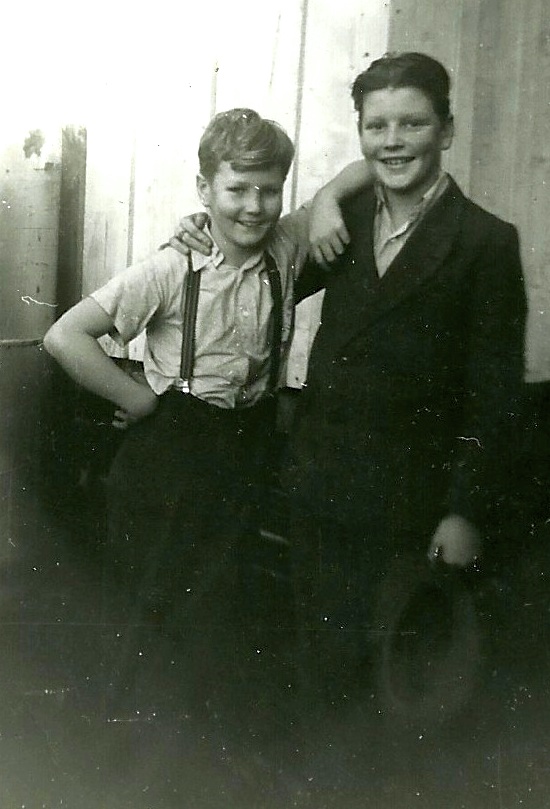 After I shared my struggles in Bible study the other day, one of the women, with whom I’ve fellowshipped for a couple of years, commented that she felt such a sense of relief to see me break down. Because she feels lost so much of the time, it made her feel better to know that I don’t have it all together, as she’d assumed. Although she wasn’t aware of it, her words hit a sore spot.
After I shared my struggles in Bible study the other day, one of the women, with whom I’ve fellowshipped for a couple of years, commented that she felt such a sense of relief to see me break down. Because she feels lost so much of the time, it made her feel better to know that I don’t have it all together, as she’d assumed. Although she wasn’t aware of it, her words hit a sore spot.
Over the last several years, I’ve received similar comments from other women who I greatly admire. It seems, until people get to know me, I can come across as intimidating, perfect, and somewhat cold—descriptors that are the exact opposite of what I want to convey. How can it be that I feel insecure and shy, but come across in a manner that puts people off rather than draws them closer?
Several years ago, I expressed to Chris how difficult it is for me to be in social situations. The one-on-one is fine, but put me in the midst of a crowd, and it’s like I shrivel up inside—or at least that’s how I perceive it. So, when my birthday came around the next year, he got me the book How to Win Friends and Influence People. I’ll admit I never read it, but maybe I should have. Every person who has made such comments to me met me in a large social setting, except the sweet woman in my Bible study group. I’ve been in her company for more than two hours every week over the last two years, yet she mistakenly thinks I have all the answers.
It makes me wonder how many people I’ve misunderstood over the years. I know that many times someone who is shy can come across as arrogant or someone who is distracted or overwhelmed might appear scattered. Although there are some, such as my husband, who is who he is regardless of the circumstances. But I believe that the majority of people are more complicated then that—and he is, too, even if it’s not apparent to others. Each of us is like the tip of an iceberg—there’s much more beneath the surface than we’re willing to show.
I have a dear friend who always seems to be the life of the party. She’s comfortable in any situation and has no difficulty greeting strangers and making friends wherever she goes. I envy her for that. But she told me once that because her family moved so often, she was painfully shy to the point of being socially unfit. Then when the family moved at the beginning of her senior year in high school, she just decided that wasn’t who she wanted to be anymore. She made a conscious effort to step out of her comfort zone and be someone else. I admired her for the courage and strength it took for her to transform herself.
The rule of a critique group is that if one person suggests a specific change, you should take it or leave it. But if most everyone in the group suggests a specific change, it’s a call to take a hard look at your work and admit there might be a serious flaw. The same can be said of how we come across to others. We don’t need to be people pleasers, and if you’re happy with how you’re perceived, disregard this message. But I know for myself, how I feel and how I come across are at polar opposites. And that’s not okay with me.
I’m so grateful that God sees who we are at heart and doesn’t judge us for outward appearances, as we so often do with others—just like the Pharisees. But He also wants us to be transparent enough that people are drawn to His glory in us, and that can’t happen if we’re not welcoming in our demeanor. True transformation can only be done through the work of the Holy Spirit, and even if I’m at an age where I should be comfortable with who I am, I’m praying for that transformation. And the next time you see someone who comes across as somewhat cold and unapproachable, step out in faith and approach him or her anyway. You just might make a God connection.






